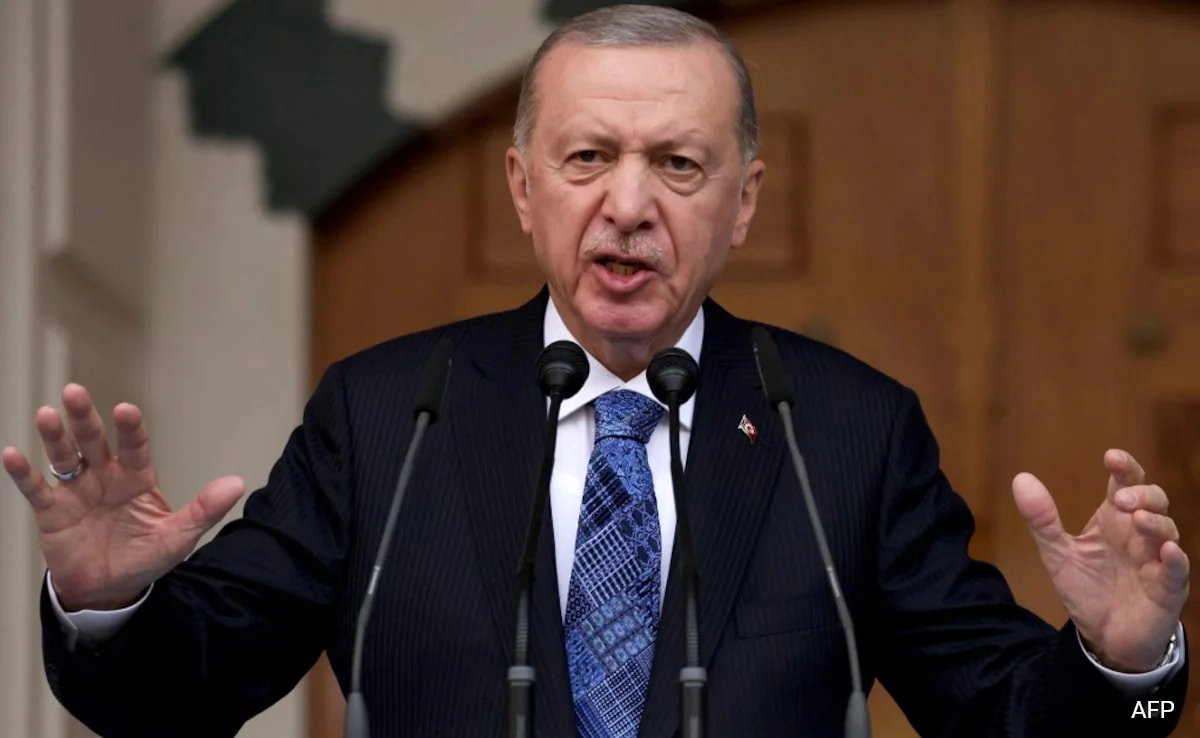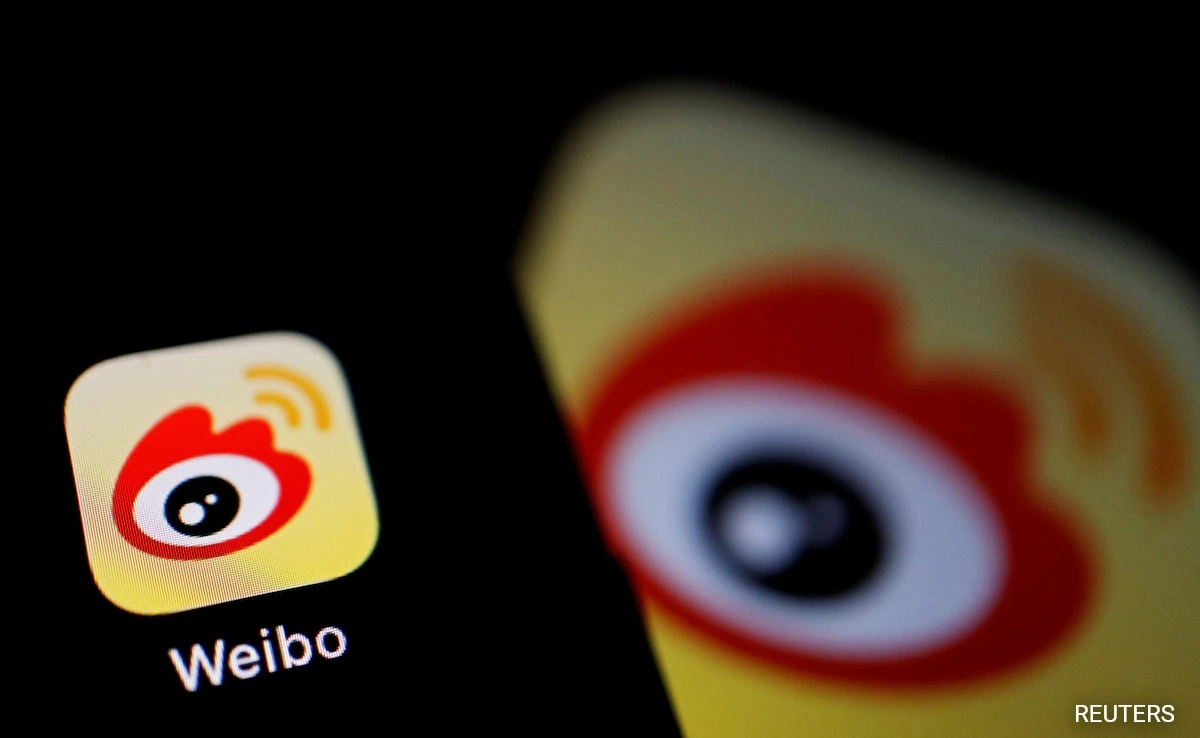Turkish President Recep Tayyip Erdogan recently condemned a cartoon that he claims depicts the Prophet Mohammed in a disrespectful manner, labeling it a “vile provocation.” This incident is part of a broader context in which caricatures of the Prophet have ignited global debates about freedom of expression, religious sensitivities, and the boundaries of artistic license. Erdogan’s remarks highlight the deep-seated tensions that exist between secular and religious values, particularly in predominantly Muslim countries where depictions of the Prophet are considered blasphemous.
Erdogan’s response underscores the importance of religious sentiments in Turkish society and reflects a growing anxiety over the portrayal of Islam in Western media. He emphasized that such actions not only insult the religious beliefs of millions but also contribute to a cycle of hatred and intolerance. This statement is particularly significant given Turkey’s strategic position as a bridge between East and West, where differing cultural norms often clash. Erdogan’s call for respect and understanding serves as a reminder of the need for dialogue in addressing these sensitive issues.
Furthermore, the Turkish leader’s condemnation can be interpreted as a rallying cry for unity among Muslims globally. In an age where social media amplifies offensive content rapidly, Erdogan’s comments resonate with many who feel their beliefs are under constant attack. His remarks have prompted discussions about the responsibilities of artists and media creators in respecting cultural and religious sensibilities while navigating the complexities of free speech. As Turkey grapples with these challenges, Erdogan’s strong stance reflects not only his political strategy but also the broader struggle to reconcile modernity with tradition in an increasingly interconnected world.




